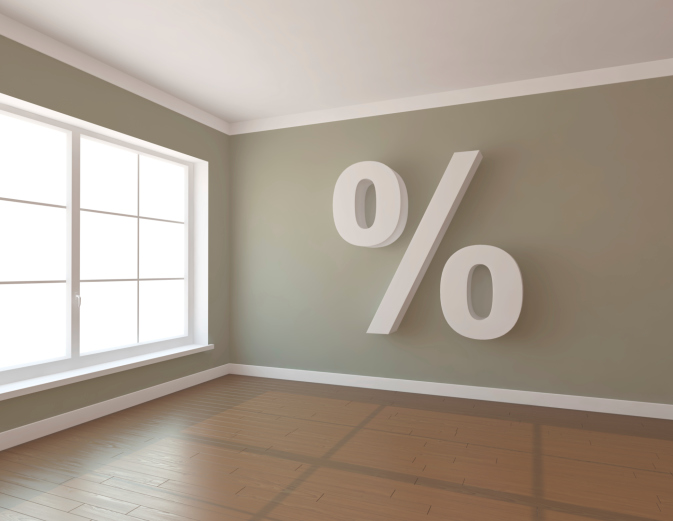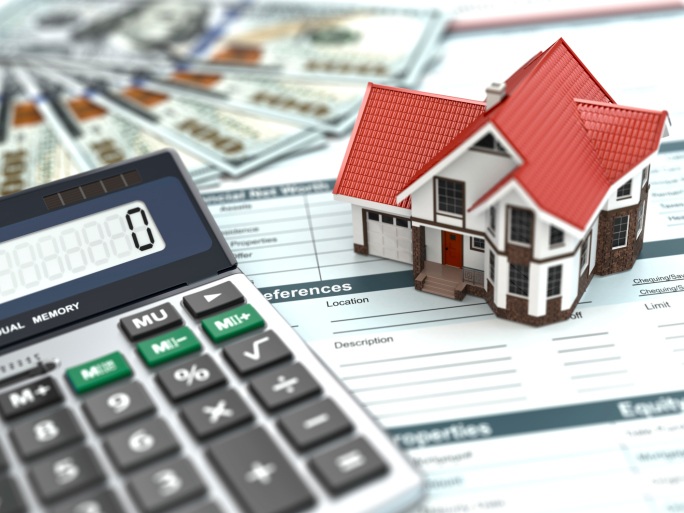Understanding The Key Factors That Affect Your Mortgage Interest Rate
 When you initially start shopping for a home mortgage, you may be drawn to advertisements for ultra-low interest rates. These may be rates that seem too good to be true, and you may gladly contact the lender or mortgage company to complete your loan application. However, the unfortunate truth is that all too often, mortgage applicants are unpleasantly surprised and even disheartened to learn that they do not qualify for the advertised interest rate. By learning more about the factors that influence your interest rate, you may be able to structure you loan in a more advantageous way.
When you initially start shopping for a home mortgage, you may be drawn to advertisements for ultra-low interest rates. These may be rates that seem too good to be true, and you may gladly contact the lender or mortgage company to complete your loan application. However, the unfortunate truth is that all too often, mortgage applicants are unpleasantly surprised and even disheartened to learn that they do not qualify for the advertised interest rate. By learning more about the factors that influence your interest rate, you may be able to structure you loan in a more advantageous way.
Your Credit Rating
One of the most important factors that influence an interest rate is your credit score. Lenders have different credit score requirements, but most have a tiered rating system. Those with excellent credit scores qualify for the best interest rate, and good credit scores may qualify for a slightly higher interest rate. Because of this, you may consider learning more about your credit score and taking time to correct any errors that may be resulting in a lower score.
The Amount Of Your Down Payment
In addition, the amount of your down payment will also play a role in your interest rate. The desired down payment may vary from lender to lender, but as a rule of thumb, the best home mortgage interest rates are given to those who have at least 20 to 30 percent of funds available to put down on the property, and this does not include subordinate or secondary financing. If you are applying for a higher loan-to-value loan, you may expect a higher interest rate.
The Total Loan Amount Requested
In addition, the total loan amount will also influence the rate. There are different loan programs available, but one of the biggest differences in residential loans is for very large loan amounts. The qualification for a jumbo loan will vary for different markets, but these loans qualify for different rates than conventional loans with a smaller loan amount.
While you may be able to use advertised interest rates to get a fair idea about the rate you may qualify for, the only real way to determine your mortgage rate will be to apply for a loan and to get pre-qualified. You can contact a mortgage lender today to request more information about today’s rates and to begin your pre-qualification process.

 Do you have a mortgage? You’ve likely seen or heard a lot about mortgage refinancing as interest rates remained low in recent months.
Do you have a mortgage? You’ve likely seen or heard a lot about mortgage refinancing as interest rates remained low in recent months. Last week’s economic news included readings from Case-Shiller Home Price Indices, along with Commerce Department readings on public and private-sector job growth and the University of Michigan’s Consumer Sentiment Index. Weekly reports on jobless claims and mortgage rates were also released.
Last week’s economic news included readings from Case-Shiller Home Price Indices, along with Commerce Department readings on public and private-sector job growth and the University of Michigan’s Consumer Sentiment Index. Weekly reports on jobless claims and mortgage rates were also released. The real estate market has been in flux during the past few months. As a result, this could be a great time to both buy and sell a home. This is because mortgage rates are attractive for borrowers right now. With so many people who are looking to buy a home, is likely the people selling a home are going to receive multiple offers. On the other hand, given what the mortgage market looks like right now, borrowers also have attractive options.
The real estate market has been in flux during the past few months. As a result, this could be a great time to both buy and sell a home. This is because mortgage rates are attractive for borrowers right now. With so many people who are looking to buy a home, is likely the people selling a home are going to receive multiple offers. On the other hand, given what the mortgage market looks like right now, borrowers also have attractive options. It is no secret that the COVID-19 pandemic has had an impact on everyone; however, there are a few impacts that are being overlooked. In addition to the public health crisis and the tanking of the stock market, there are also impacts of the virus on people’s home values.
It is no secret that the COVID-19 pandemic has had an impact on everyone; however, there are a few impacts that are being overlooked. In addition to the public health crisis and the tanking of the stock market, there are also impacts of the virus on people’s home values.